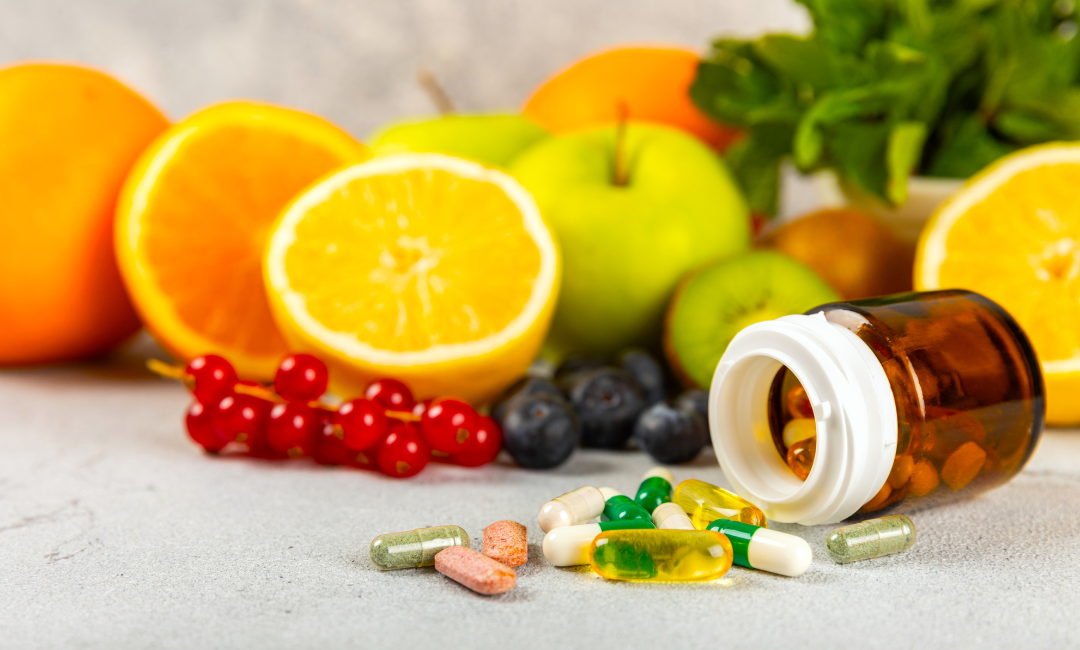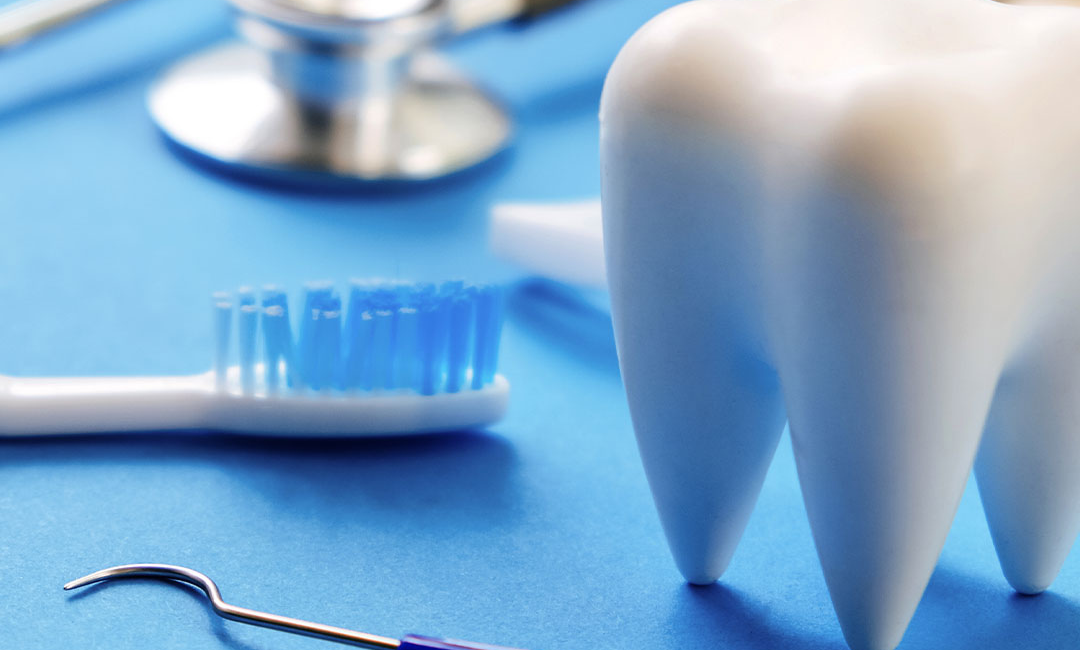Since we were young, we always heard about the importance of taking our vitamins. Now, as we get older, the need to nourish our bodies with the right micronutrients has never been more crucial. While some people’s needs will depend on their age, sex, and lifestyle, there are certain vitamins that should be taken by everyone daily. If you are unsure which vitamins are right for you, read about the health benefits of each.
Vitamin A
Vitamin A is a fat-soluble vitamin that is essential for immune function, eyesight, cellular turnover, and reproductive health. For teenagers or anyone prone to acne, Vitamin A can help to eliminate or significantly reduce acne, especially when used in its topical forms like Retin-A or Retinol.
Vitamin A is also crucial for our vision and insufficient levels of this vitamin can lead to something called “night blindness”. Night Blindness refers to having difficulty seeing in dim conditions when visibility is very low.
Although evidence is inconclusive, some research suggests that Vitamin A may protect against cancer, such as pancreatic cancer. Low blood levels of retinol are associated with reduced survival rates in colorectal cancer patients as well.
If taking a vitamin every day isn’t something you feel you can stick with, here is a list of foods that are high in vitamin A and can be easily incorporated into your diet.
- Mangoes
- Carrots
- Spinach
- Sweet Potatoes
- Broccoli
- Lettuce
- Bell Peppers
- Most Fish
Vitamin C
This vitamin is helpful in boosting your immune system and producing collagen, protecting against free radicals, and improving iron absorption. The recommended dosage of vitamin C varies depending on your age, so it’s important to know the right dose before starting your vitamin journey.
If you’re not interested in taking vitamins, here are some foods that will help you get your daily dose of Vitamin C.
- Kiwi
- Broccoli (This vegetable is full of kinds of good vitamins)
- Oranges
- Grapefruit
- Brussel sprout
- Sweet yellow peppers
- Kale
- Lemons
Vitamin D
Vitamin D is one of the most important vitamins you can take. Calcium, the primary component in bone, can only be absorbed when vitamin D is present. Along with it being anti-inflammatory it also supports immune health, brain cell activity and muscle function.
Your body naturally produces Vitamin D when it is directly exposed to the sun. If you’re not sure if you’re getting enough, or you don’t live in a climate with adequate sunlight is always available, you can eat foods with Vitamin D in them or supplements to ensure you’re receiving the appropriate amount.
Foods to help you get your daily dose of Vitamin D Include
- egg yoke
- salmon
- milk (Fortified)
- yogurt (Fortified)
- oatmeal (Fortified)
- canned tuna
- mushrooms
Note: fortified foods have added vitamins, minerals, and other micronutrients.
Vitamin B
Vitamin B and its various forms are important for the body, with each form having specific functions. Vitamin B is found in a variety of foods and is essential for converting food into energy, as well as for supporting the creation of healthy cells. There are 8 different forms of Vitamin B, so make sure you do your research on which one is needed for your specific needs.
Before embarking on your journey to better health, make sure to conduct thorough research and consult with a doctor before taking any steps forward. This way, you will have a clear understanding of your specific requirements and can make an informed decision based on your individual needs.











